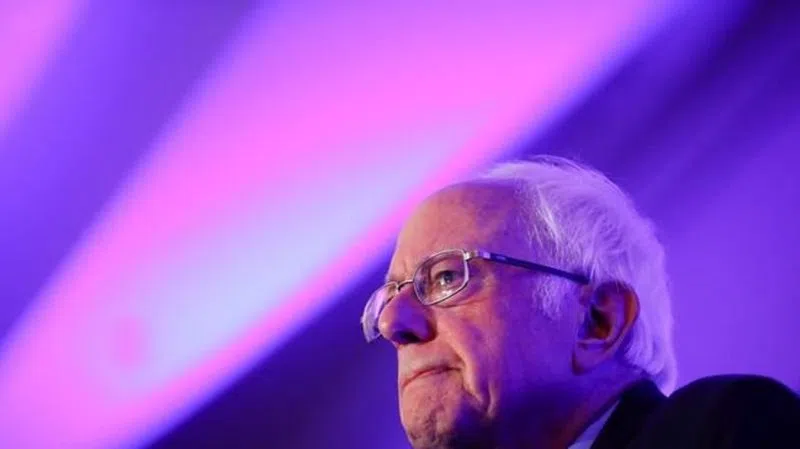
Stakes, tempers high as Democrat rivals square off in key South Carolina debate
CHARLESTON, S.C. — High political stakes and a ticking electoral clock triggered short tempers and strong words Tuesday as the Democrats vying to defeat Donald Trump clawed away at each other on the debate stage in South Carolina, saving their strongest vitriol for the two most prominent outsiders: independent front-runner Bernie Sanders and billionaire Mike Bloomberg.
Both literally and figuratively, Sanders — the standard-bearer for America’s progressive left — found himself front and centre in the final televised debate before South Carolina voters head to the polls Saturday, three days before nearly 1,400 delegates go up for grabs next week on Super Tuesday.
“I’m hearing my name mentioned a little bit tonight,” Sanders deadpanned at one point. “I wonder why.”
With 14 states and one territory voting next week, time has nearly run out for much of the field to attract votes and financial support before Sanders builds an insurmountable lead, which is why he found himself the target of multiple attacks. Bloomberg, despite a lack of experience that was on display again Tuesday, also remains a formidable rival, thanks to his bottomless campaign war chest.
